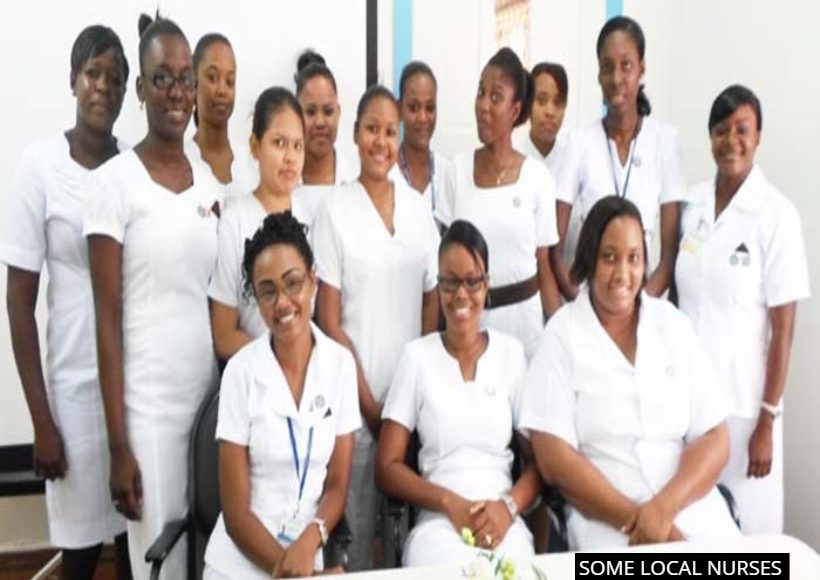The Pan American Health Organisation (PAHO) is calling upon countries to invest in nurses to improve their availability, distribution, and roles in order to advance towards universal health. This call was earlier this week by PAHO officials at the launch of a report, “the Strategic Directions for Nursing in the Region of the Americas”.
Nursing staff represent the largest health workforce, accounting for more than 50 percent of health workers. Despite this, however, the lack of nurses in most countries in the region compromises the global goal of achieving health for all by 2030, PAHO officials have observed.
Moreover, Dr. Carissa F. Etienne, Director of PAHO, highlighted that “in many parts of the world, nursing professionals are the first, and sometimes only, human resource in contact with patients” and claims that “investing in nursing enables advancing towards access and universal health coverage, which will have a profound effect on global health and well-being.”
The report on strategic direction describes the current situation regarding nursing in the region. It highlights that there is an important gap in the availability of and access to human resources for health, of which nurses are an important part. Added to this, there is also a current deficit of 800,000 health workers in the region, including nursing staff.
Mobility and migration, poor distribution, lack of regulation, insufficient incentives and professional advancement, lack of higher education, and inadequate working environments have all been found to increase the problems related to human resources for health all over the world.
Moreover, to address the migration of nursing personnel, the report considers it necessary to invest in human resource retention strategies, particularly in low-income countries and small island developing states.
The density of nursing staff, which includes licensed nurses, technicians, and assistants, varies from country to country, and is generally low in the Region, PAHO has noted.
According to the report, avoiding a deficit of nursing professionals requires the development of national strategies for the training of new professionals, as well as adequate retention policies, investment in the workforce and promotion of professional autonomy.
“Only with an adequate number of motivated and well-distributed professionals with technical and scientific skills, will countries be able to achieve universal health coverage and access, as well as the SDGs,” said Silvia Cassiani, Regional Advisor on nursing and health technicians at PAHO, Regional officer for the Americas of the World Health Organization.













